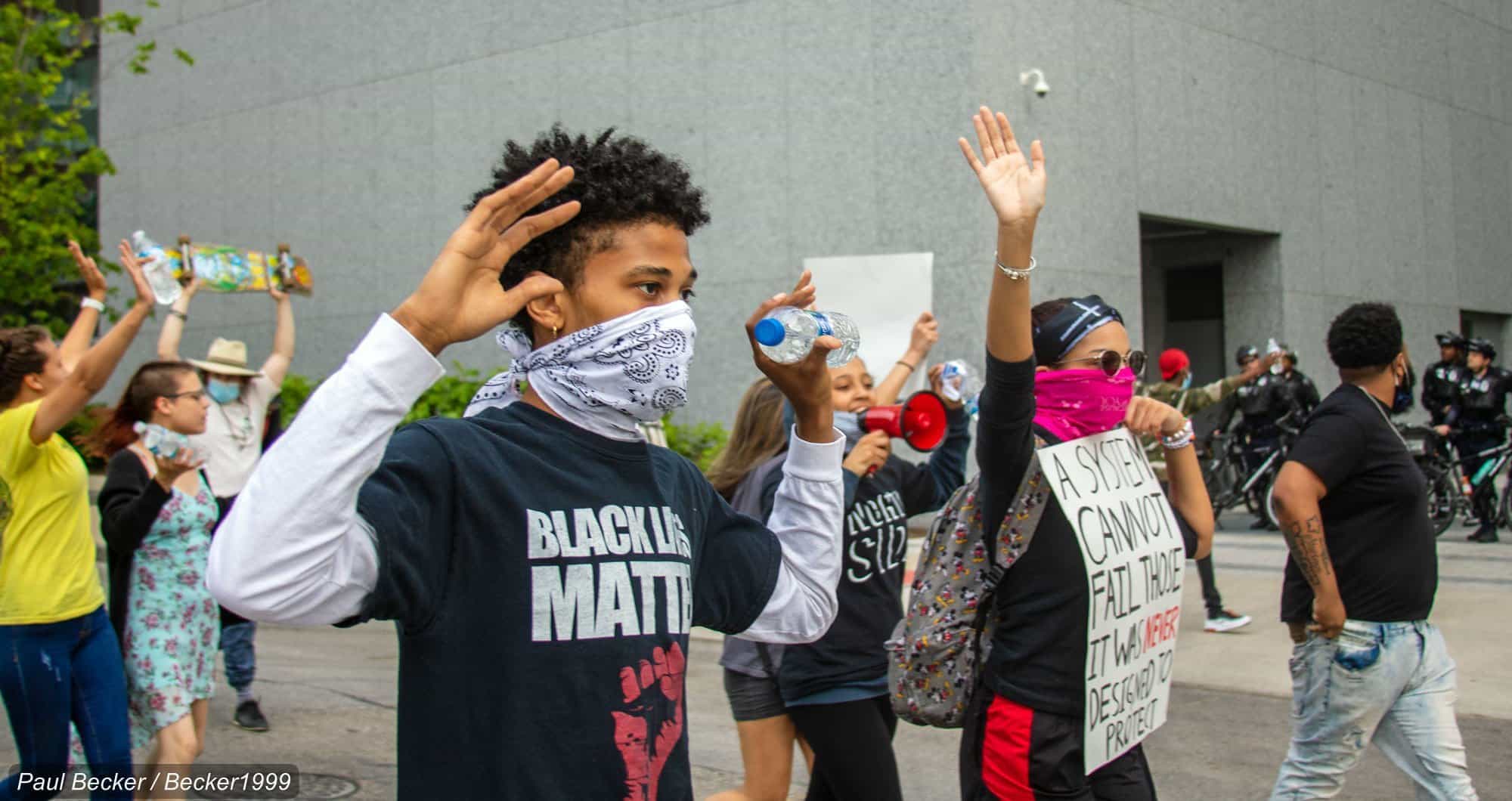Task masters
Here’s a solution for you: in China, people have begun hiring online “supervisors” to make sure they keep up their productivity as they work and study from home. As it turns out, hiring someone to check up on you appears to have surprisingly positive knock-on effects — both for the person being checked on, and for the supervisors themselves.
Sixth Tone explores the phenomenon and finds that most of the supervisors end up being women, and that many of them bring an empathy-based, encouragement-oriented approach to the work. One supervisor reports helping her client, who was studying to become a teacher, get organized after noticing her desk was extremely cluttered. (Clients often send their supervisors photos to prove they’ve completed their tasks.) The client tidied up her workspace and ultimately passed her teaching exam with flying colors. Another supervisor reported that doing the job made her more organized — she no longer sleeps late or procrastinates, and her temper has improved. She describes the job as immensely rewarding.
Weighed down by negative news?
Our smart, bright, weekly newsletter is the uplift you’ve been looking for.The compassion and dedication that online supervisors bring to the work suggests that, for many, it’s more than just a gig. “It means that when other people put their time and plans in my hands, I take on some of the responsibility,” said one college freshman in Chengdu who supervises around 45 people at a time. “It means that I have enough patience and courage to face a variety of different clients.”
Serving the service workers
Chef Francesca Hong has a message for Wisconsin restaurants: “Our industry as a whole is in desperate need of restructuring, but guess what? So is our government.”
Elected to the state legislature last November, Hong, cofounder of celebrated Madison noodle emporium Morris Ramen, has become the voice of Wisconsin’s essential workers. Now, as a lawmaker, her leadership has become an extension of how she runs her business. At Morris Ramen, she pays her employees $15 an hour on top of tips and is fighting to make higher wages standard statewide. (Many tipped restaurant workers in Wisconsin start at just $2.33 per hour.) She also helped establish the Culinary Ladies Collective, a mentorship and advocacy organization for women in hospitality, and Cook It Forward, which employs out-of-work restaurant workers to provide meals to hungry Wisconsinites.
View this post on Instagram
Hong’s new dual life as a restaurateur and crusading politician make for a lively profile in Civil Eats — with plenty of memorable quotes from Hong, who isn’t afraid to speak her mind. “You don’t think it’s problematic that [workers are] making more on unemployment than for their hourly wage?” she asks rhetorically. “Why are we not having that conversation?”
Good hair days
Two years ago this month, California passed the groundbreaking CROWN Act, the first law in the U.S. expanding anti-discrimination protections to include hair styles and textures. The 19th takes a look back at what’s happened since, and finds that 12 other states and 29 municipalities across the country have since passed legislation modeled on California’s.
Interestingly, few legal challenges have been filed that rely solely on such laws. Rather, the hair-freedom statutes are usually leveraged to support larger anti-discrimination cases, many of which involve Black people who have been denied jobs, housing, health care or other basic rights because of their locs, cornrows, afros, or other traditionally Black hair styles.
But perhaps the broader impact of these laws, says the article, is that they have “led to important discussions about how White-centric standards of professionalism and beauty harm people of color.”
“American society, from the corporate world, to high schools, to the entertainment industry, has demonstrated a preference for long, straight hair… These ideas have far-reaching impacts on the economic, social and psychological well-being of Black people in the U.S.”










